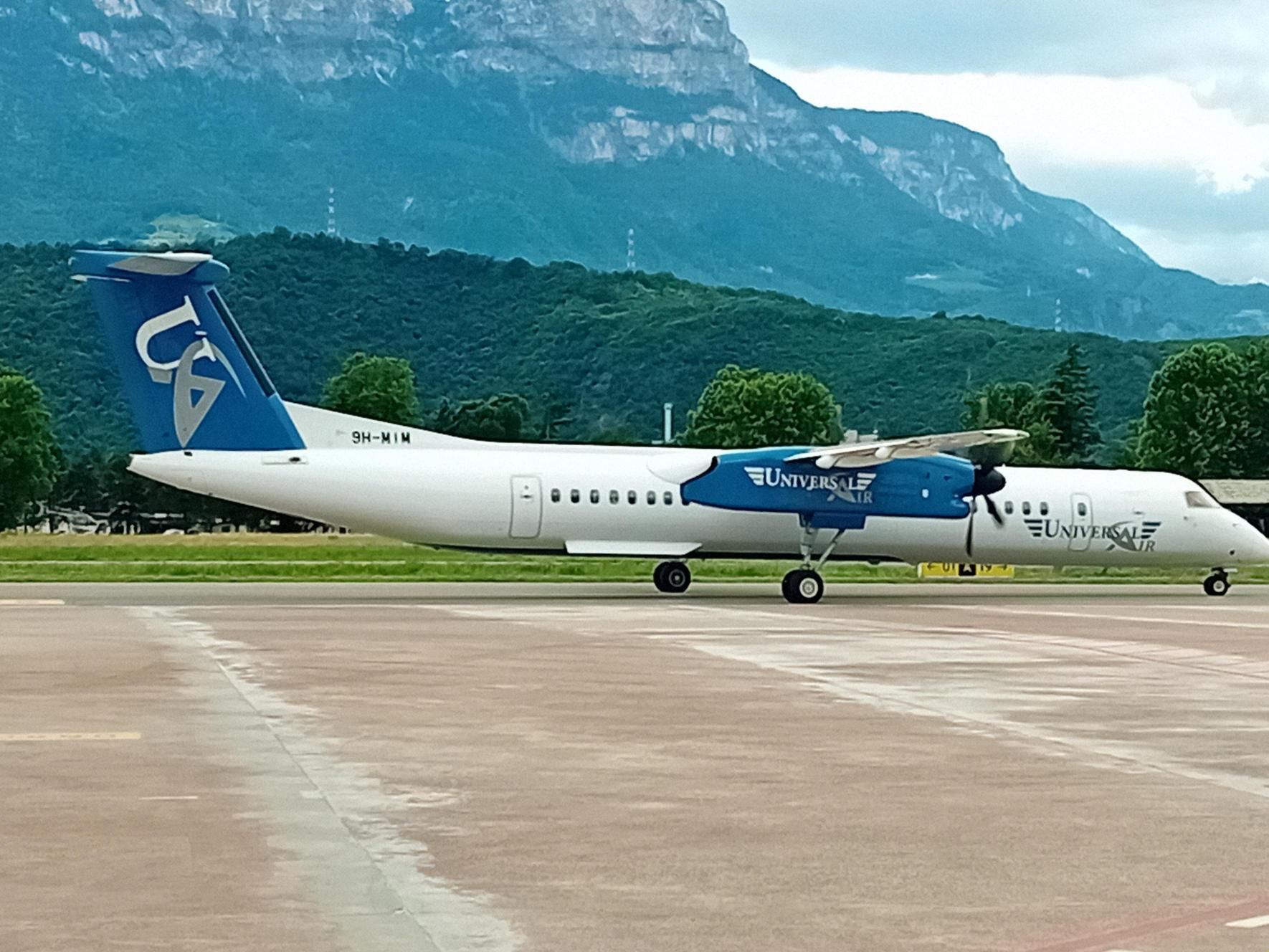EASA Bans Tunisair Express Operations in European Union Airspace
The European regulatory agency has suspended the Tunisian airline's authorization due to safety concerns, affecting its routes to Italy and Malta.
The European Union Aviation Safety Agency (EASA) has issued a directive immediately banning all operations of Tunisair Express within the airspace of its member states. The measure is based on concerns related to safety oversight and compliance with strict European regulatory standards.
Tunisair Express, the regional subsidiary of the flag carrier Tunisair, has had its Third Country Operator (TCO) Authorization suspended. This authorization is a crucial requirement for any non-EU airline seeking to operate flights to the European Union. The decision directly impacts its fleet, which consists of two ATR 72-600 turboprop aircraft, only one of which was recently in active service.
The ban disrupts the airline's connectivity with Europe, specifically affecting its routes linking Tunisia with destinations such as Palermo (PMO) and Naples (NAP) in Italy, and Luqa (MLA) in Malta. These connections are highly relevant for both tourism and business travel between Tunisia and Southern Europe.
Frequently Asked Questions
Why did EASA ban Tunisair Express? The decision is based on identified deficiencies in safety oversight and compliance with European aviation regulations, leading to the suspension of its TCO permit.
Which routes are affected? The airline operates direct connections from Tunisia to destinations in Italy (Palermo, Naples) and Malta.
Are all flights canceled? No. The company has activated a contingency plan to maintain operations using aircraft from other airlines, such as the DHC-8-400 from Universal Air.
To minimize the impact on passengers and ensure service continuity, Tunisair Express activated wet-lease agreements with two operators. Notably, the Maltese ACMI (Aircraft, Crew, Maintenance, and Insurance) provider, Universal Air, is already operating the routes between Tunis, Malta, and Palermo using a De Havilland Canada DHC-8-400 aircraft, registered as 9H-MIM. The second partner in this contingency is the private airline Nouvelair Tunisie, which is also providing capacity to maintain the connections.

These agreements allow scheduled flights to continue using the aircraft and crews of the partner companies while Tunisair Express works to resolve the non-conformities identified by EASA and seeks to have its operator permit reinstated.

/https://aviacionlinecdn.eleco.com.ar/media/2025/08/tunisiair_express.jpg)
Para comentar, debés estar registradoPor favor, iniciá sesión